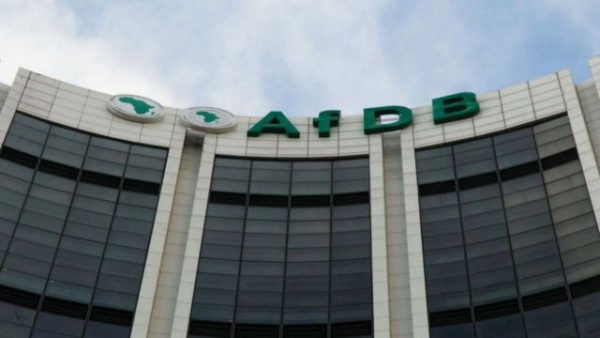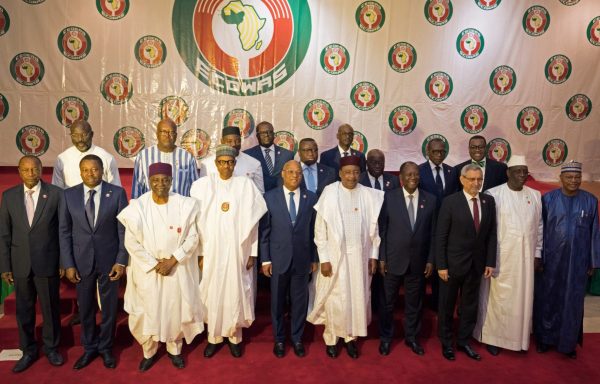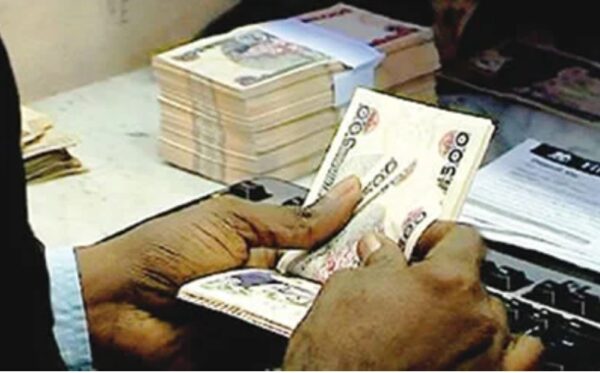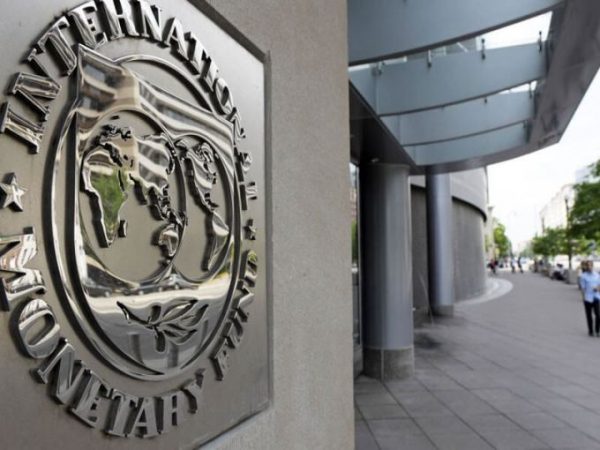2015 budget: Nigeria to borrow $2bn from AfDB and W/Bank
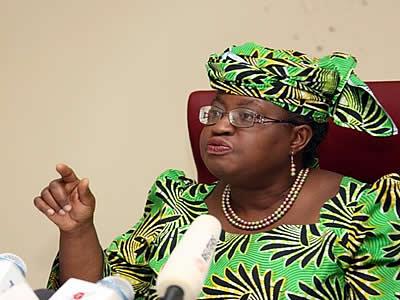
As revenue tightens on account of soft oil prices, Nigeria has now advanced negotiations with both the World Bank and African Development Bank (AfDB) to borrow about $2 billion to enable it implement its N4. 4 trillion 2015 budget.
The National Assembly has agreed to pass the budget on March 31, Ngozi Okonjo-Iweala, coordinating minister for the Economy and minister of finance, said this week as she announced plans for the extra borrowing.
The loans are soft, coming at reasonable conditions of 3 to 4 percent interest rate, five years moratorium and over 25 years repayment period.
The terms have not been agreed completely but “these are the standard terms for us at this time,” she told some select journalists in a meeting with her in Abuja. The loan will be disbursed in two tranches and according to her, is already captured in the government’s present borrowing plan.
“This is one more thing that the government is doing to also help ameliorate the present tough situation,” she said.
The loan will come in foreign exchange through the Central Bank of Nigeria and is expected to bring in some needed foreign exchange that can be available also for the private sector, especially manufacturers, to access.
Speaking on the recent developments in the economy, Okonjo-Iweala admitted that revenues have been substantially impacted by the fall in oil price, and that the Federal Government has been working out strategies to close budget gap through increasing non-oil revenue as well as cutting costs.
“The Federal Government generated additional N110 billion from taxes last year but is now working really hard from tax administration measures to generate additional N160 billion”, the minister further said.
The surcharges on luxury items is expected to yield about N10.56 billion in 2015.
The minister disclosed that following detailed work, waivers and exemptions will now save about N18 billion and not N36 billion, as announced earlier and that letters have also gone to companies involved to pay those monies from abuse of this policy.
“So, we have really been working and the monies will start coming in by April and that will help us to fill the gap,” she told the journalists
Okonjo-Iweala also disclosed that several cuts have been made in the 2015 budget which she said the National Assembly has now assured to pass by March 31.
State House spending was cut by 25 percent, while the National Assembly accepted their budget to be cut to N120 billion which is about 122 percent cut.
On a voluntary basis, political appointees, including the President, accepted a 50 percent of their basic salary.
Permanent secretaries have also pitched in and agreed to take 30 percent of their base pay.
“As you know, we have thrown in even more measures, we have restricted travels, administrative travels and all other things in addition to these other measures which we have not done before.
“This is helping to close the gap and even after we have done all that, we still have some residual gaps which we are filling with this $2 billion borrowing and with a little bit of domestic borrowing,” the minister explained.
“So we believe that these together will help us close the gap and we have submitted all that to the National Assembly,” she further stated.
The minister also raised concerns that most states are not paying salaries, including those whose FAAC allocation are enough to offset personnel bill.
“When you look at the payments that have been going to the states, you will see that even though revenues have dropped, some of the numbers show that what most of them receive from FAAC is sufficient to cover the personnel costs.
“What we advise them is to prioritise that staff salary even though they will not be able to do much capital after that,” she said.
The minister, however, admitted that in some cases, what the states receive from monthly allocation is a little bit short of their personnel cost and the federal authorities have planned to discuss with them on how to help out.



